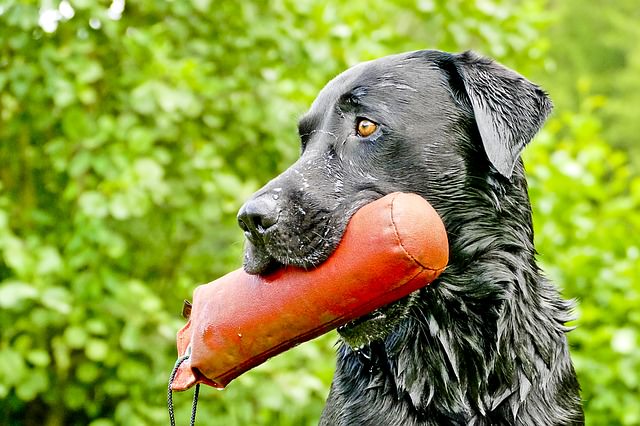According to claims submitted to Trupanion Pet Insurance, the average cost to treat a canine ear infection is $193.61 and is second only to itchy skin in number of claims per year.
When dealing with such a common and expensive problem, it is helpful to know if your dog’s breed is among the many with a predisposition for ear infections so that you can help prevent them.
RELATED: How often should I be cleaning my dog’s ears?

Ear infections are most commonly caused by excess yeast, bacteria, or the presence of ear mites. Luckily, mites tend to be a puppy problem and are quite easy to diagnose, so your vet can quickly rule that out as the cause of your adult dog’s issues. However, bacteria and yeast can be tricky little culprits and often accumulate in dogs with allergies and those with excess moisture in their ears.

The following breeds are more prone to ear infections than their canine cousins, but any dog can suffer from this issue, so be sure to watch for signs like head shaking, excessive itching at the ears, odor and discharge.
Hounds:
Basset Hounds, Beagles, Bloodhounds, Afghan Hounds, Foxhounds, Coonhounds, Dachshunds
Dog breeds with long, floppy, heavy, or “pendulous” ears are more likely to develop ear infections because the weight of the pinnas (outer ear flaps) makes it more difficult to dislodge foreign matter like water and dirt. The dark, warm, moist environment within the ears of floppy-eared hounds is a perfect breeding ground for yeast and bacteria. Hound dogs should have their ears checked and cleaned regularly – especially after bathing, swimming, or rolling in the dirt!

Hairy-Eared Breeds:
Poodles, Shih Tzus, Schnauzers, Maltese, Bichon Frises, Lhasa Apsos
Long-haired breeds have more hair growing inside of their ear canals, which traps moisture and debris. Veterinarians differ as to whether the hair should be routinely plucked during grooming or simply trimmed back. Either way, these dogs require additional attention to their ears to avoid infections.

Spaniels:
Springer Spaniels, Cocker Spaniels, Cavalier King Charles Spaniels
Spaniels have a double – sometimes triple – edged sword against them when it comes to ear infections. Not only do they have heavy, pendulous ears, they are also hairy and have a predisposition for allergies, which go hand-in-hand with ear infections.

Retrievers:
Labrador Retrievers, Golden Retrievers, Chesapeake Bay Retrievers, Potuguese Water Dogs
These boisterous cuties were born to swim and get dirty! Add in their floppy ears and tendency for allergies, and you’ve got a recipe for an ear infection. Be sure to give their ears added attention at bath time and after swimming. Your veterinarian can recommend the best cleanser/swimmer’s ear astringent to use.

Setters:
Irish Setters, English Setters
Setters tend to be in the same boat as Spaniels and Retrievers with their long, hairy ears and love for romping and splashing outdoors. Unfortunately, they have also been known to suffer from allergies, which contributes to their likelihood of developing ear infections.

A few other breeds with a notable tendency towards ear infections include the floppy-eared Weimaraner, Bull Mastiff, Newfoundland, Saint Bernard, Great Dane and Doberman (if ears not cropped), and the allergy-prone German Shepherd and Pug. With some awareness and proactivity, you may be able to save some time, money, and discomfort for your dog by helping her to avoid ear infections.
Regularly Cleaning Your Dog’s Ears is Critical, Especially If You Own Any of the Breeds Mentioned Above.
 Toledo, United States.
Toledo, United States.